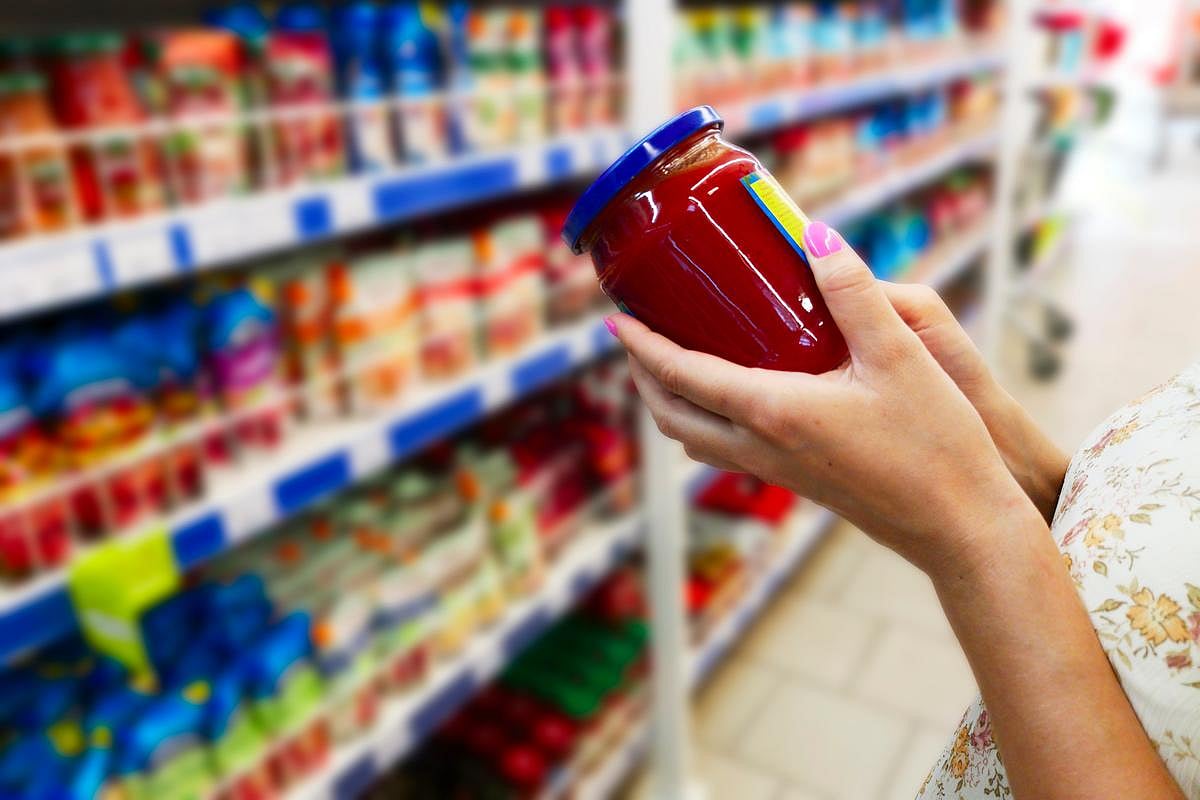Get Healthy!

- Carole Tanzer Miller
- Posted June 24, 2025
New Texas Law Could Change How Food Additives Are Labeled Nationwide
Texas has become the first state to require warning labels on thousands of food and beverages containing common 44 dyes or additives.
The new law — signed Sunday by Republican Gov. Greg Abbott — is expected to set off a nationwide scramble in the food industry, The Washington Post reported.
The industry must now decide whether to add the required warnings, reformulate their products, stop selling them in Texas or go to court in a bid to block the law.
"When a state as big as Texas requires a warning, that will have an impact on the entire marketplace," said Scott Faber of the nonprofit Environmental Working Group, which supports stronger food safety policies.
The move, in a deep red state, would have been unthinkable in the past. Republican lawmakers and the first Trump administration decried measures such as stricter school lunch standards as overregulation, The Post pointed out.
Policy crackdowns that led food companies to make changes in their products often came from blue states, especially California.
But Republican-leaning states are rushing to embrace Health and Human Services Secretary Robert F. Kennedy Jr.’s "Make America Healthy Again" agenda. It’s aim: to address chronic disease and childhood illness.
"I think that is almost entirely a function of the MAHA movement," lawyer Stuart Pape, who worked at the U.S. Food and Drug Administration (FDA) in the 1970s and now represents food companies.
Despite strong pushback from the food industry, Texas’ law had support from Democrats as well as Republicans.
It also includes other MAHA aims, including establishing a statewide nutrition advisory committee, requiring physical activity during the school day and updating nutrition training requirements for Texas medical schools.
"This is a national conversation about America’s health outcomes because we are spending more on health care than any other nation in the world," the bill’s primary sponsor, Republican state Sen. Lois Kolkhorst, told The Washington Post.
She said Kennedy had called her to urge passage of the measure.
Unlike other countries, the U.S. does not require warning labels on food products.
The Texas law focuses on more than 40 artificial colors and additives, such as bleached flour, red dye 40 and yellow 50.
Companies will be required to add high-contrast warning labels stating: "WARNING: This product contains an ingredient that is not recommended for consumption by the appropriate authority in Australia, Canada, the European Union, or the United Kingdom."
The food industry said the warning is misleading.
"The ingredients used in the U.S. food supply are safe and have been rigorously studied following an objective science- and risk-based evaluation process," the Consumer Brands Association wrote in a letter to Abbott, urging him to veto the legislation.
The warning is not only inaccurate, the group argued, it will confuse consumers and lead to higher costs, as well as legal risks for brands.
If the federal government declares an ingredient or class of ingredients safe, it could preempt Texas’ law, however.
For now, it is unclear how the food industry will respond.
"As somebody who worked for the food industry," the Environmental Working Group’s Faber told The Post, "No company is going to carry a warning label."
John Hewitt, a senior vice president of the Consumer Brands Association, said making the required changes will be complex.
"Because there are so many ingredients, and we anticipate this impacting so many different products, I don’t know to the extent that reformulation is feasible at the outset," he said.
Observers are waiting to see whether other states will follow Texas’ lead.
Recent moves in other states, including California and West Virginia, to ban dyes in products sold in their states, have had a ripple effect.
Major companies such as Kraft Heinz and Tyson Foods have announced plans to remove artificial colors from their products.
More information
The U.S. Food and Drug Administration has more about food additives and their regulation.
SOURCE: The Washington Post, June 23, 2025






